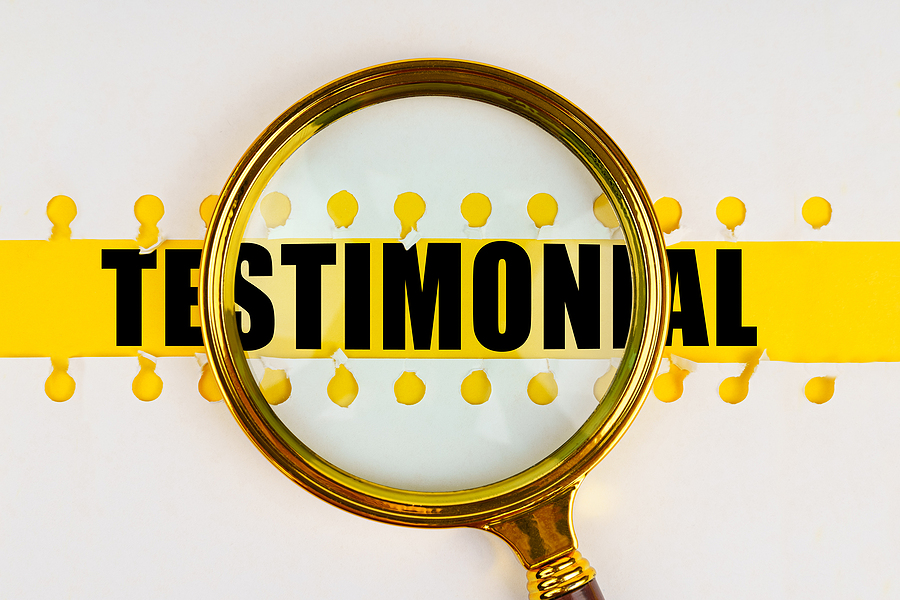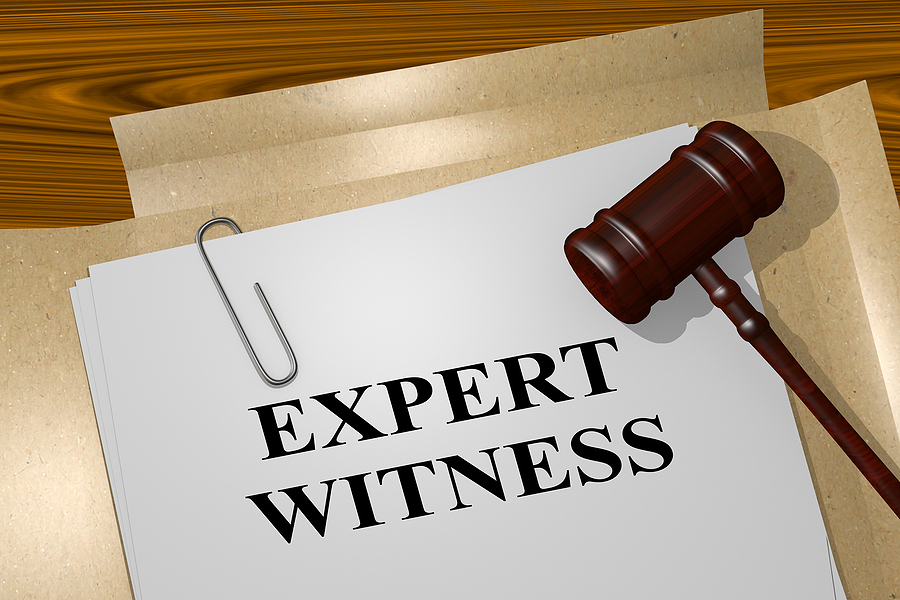Suffering an injury as the result of an accident can be a harrowing experience. Not only are you dealing with physical and emotional trauma but also the daunting prospect of navigating the world of personal injury claims. That’s where medical professionals come in, not only as healers but as crucial witnesses in your quest for just compensation. Understanding their significance and how to work effectively with them can be the difference between a fair settlement and added distress. Continue reading to learn more about the important role of medical experts in obtaining full and fair compensation for your personal injury claim.

The Lifesaving Documents: Medical Reports
In the intricate dance of personal injury claims, medical reports and opinions are the foundation. They serve as the firsthand account of your injuries, providing details that profoundly influence the compensation you’re entitled to. These documents are more than just a witness statement; they are the voice of your injuries in the courtroom.
> Accuracy of Diagnosis
An incorrect or incomplete diagnosis can lead to a skewed compensation amount. Ensuring the legitimacy and thoroughness of your medical report is paramount. It guarantees that all injuries, from the visible to the seemingly minor, are not only diagnosed but documented and treated properly.
> Treatment Plans and Prognosis
Beyond listing injuries, reports should include comprehensive treatment plans and a clear prognosis. This is crucial in outlining the financial and medical needs brought about by the accident. Whether it’s immediate surgeries or long-standing therapies, these records demand deliberation and detail.
> Daily Impact and Workability
A good report doesn’t just focus on the clinical assessment but highlights the practical aspects. Can you walk without pain? Are you able to lift heavy objects without risk? These detailed descriptions of how your daily life and work capability are now altered create a realistic picture that demands consideration.
Expert Witnesses in the Courtroom
In almost all personal injury cases, expert witness testimony is required. Medical experts, in this role, act as neutral witnesses whose testimony can powerfully sway the scales in your favor.
> Providing Impartial Expert Opinions
Expert witnesses are expected to provide an entirely impartial perspective on your injuries. Their allegiance is to the truth, and their insights can significantly back your claim with factual, medical information.
> Making Complex Medical Info Accessible
Most jurors are not medically versed, making their interpretations of reports or testimony difficult. Expert witnesses simplify and clarify this information, ensuring everyone in the room understands the full extent and implications of your injuries.
Influence on Compensation Amount
The medical professionals’ reports and expert testimony directly tie into the compensation amount you’re seeking. They map out the why, what, and how much—crucial components that can’t be overlooked or undervalued.
> Linking Injuries to the Incident
Medical professionals ensure a direct medical link is established between your injuries and the accident. Their reports set the scene of the incident in a clinical light, affirming the connection necessary for compensation.
> Assessing Short and Long-Term Effects
The ripple effect of an injury is just as critical as the injury itself. Reports should never skip over the potential long-term effects, ensuring that compensation accurately reflects the ongoing challenges you may face.
> Defining Necessary Care and Rehabilitation
Your medical team not only diagnoses and reports but also prescribes the path to recovery. Their recommendations on necessary care and rehabilitation weighs significantly in the compensation calculation, aligning the financial remedy with your recovery plan.
The Controversies and Challenges
Despite their noble duty, medical professionals are fallible, and the process is not without its controversies or challenges. Mistakes get made in medical records. Disagreements and conflicts can arise, adding layers of complexity to your compensation calculation.
> Interpreting Subjective Pain and Suffering
Pain and suffering, though significant, are subjective—resisting easy medical categorizations. This interpretation is not a straightforward line item in reports and often a subject of debate. In the end, it the jurors that decide how to value pain and suffering from injuries.
> Disputes Over Injury Severity
Disputes emerge over the severity of injuries. What one professional might deem severe, another might regard as moderate. Resolving these discrepancies requires clarity and often secondary opinions.
> Navigating Conflicts of Interest
In the realm of medical assessments, conflicts of interest can cast a shadow of doubt. Transparency and vigilance in these matters are vital, ensuring that all perspectives are unbiased and in service of your case.
Empowering Yourself in the Process
Your role in this intricate process is not passive. Empower yourself with the knowledge and strategies to ensure your medical professionals are not just working for you, but working effectively. Here are some tips to get you on the right path:
> Seek Other Medical Opinions if Necessary
The gravity of your injuries might merit not just one, but several medical opinions. Diverse perspectives can bolster the collective understanding of your condition and the best paths forward. Moreover, if one doctor tells you no other treatments will fix you it is okay to get a second opinion because the obvious goal is to get you back to where you were physically the day before the injury.
> Maintain Detailed Records
Transparency is a powerful tool. Maintain your detailed medical records, ensuring that no pertinent detail is lost or overlooked. These records can serve as a narrative of your recovery, reaffirming the need for rightful compensation. Your attorney will obtain your medical records for you but it is important to tell your attorney of all medical providers.
> Communication is Key
Your communication with healthcare providers should be clear, concise, and comprehensive. Articulate how the accident has affected you in your own words, providing another layer to your medical story that reports might not convey.
> Legal Counsel—Your Beacon in the Process
A personal injury lawyer is not just another piece to the puzzle but a beacon, guiding you through the intricacies of your claim. They champion your rights and advocate for the compensation commensurate with your damages.
Partnering with Professionalism for Your Fair Claim
The road to personal injury compensation isn’t easy, but understanding the roles at play makes the process more navigable. Collaborating with medical professionals who are dedicated and thorough and pairing that with legal representation that is knowledgeable and passionate, strengthens your position significantly.
CONCLUSION
The medical professionals involved in your personal injury claim are pivotal. Their reports and expertise are the threads that weave through the fabric of your compensation claim, giving it both structure and truth. By recognizing their significance, effectively partnering with them, and securing competent legal counsel, you enhance your chances of securing the compensation you deserve. Your voice in the courtroom might be intimidated, but the combined strength of your medical reports and legal representatives should not. Your path to recompense has a guide, and that’s a step toward healing that no injury can diminish.
Start Your Journey to Justice with Craven, Hoover, and Blazek P.C.
In the complex tapestry of personal injury law, navigating your path to fair compensation requires not just knowledge, but a compassionate ally. At Craven, Hoover, and Blazek P.C., our blend of professionalism, empathy, and expertise is dedicated to ensuring your voice is heard and your rights are respected. We understand the physical, emotional, and financial toll an injury can impose on you and your loved ones. That’s why we commit to standing by your side, guiding you through every step of the legal process with understanding and unwavering support. Reach out to us today at 317-881-2700 for a free consultation, and together, we’ll take the first step towards healing and justice.
Related Posts:
Medical Insights: The Difference Maker in Personal Injury Cases
What Type of Doctor Do I See After a Personal Injury?
The Impact of Testimonials in Personal Injury Lawsuits




